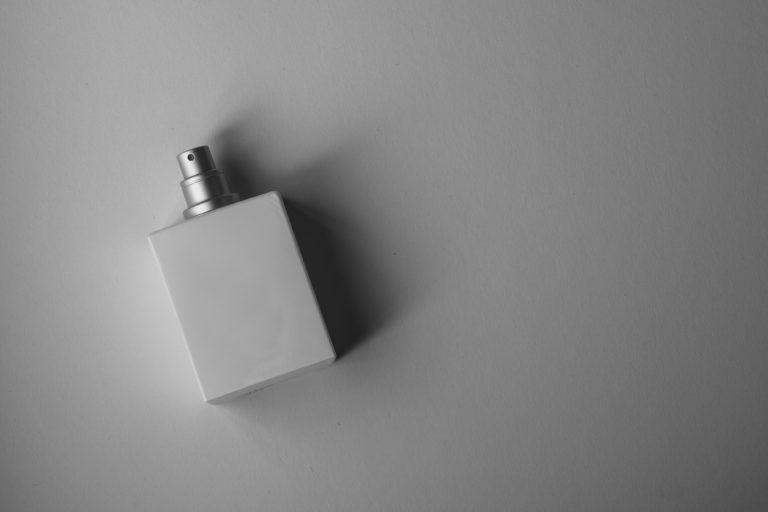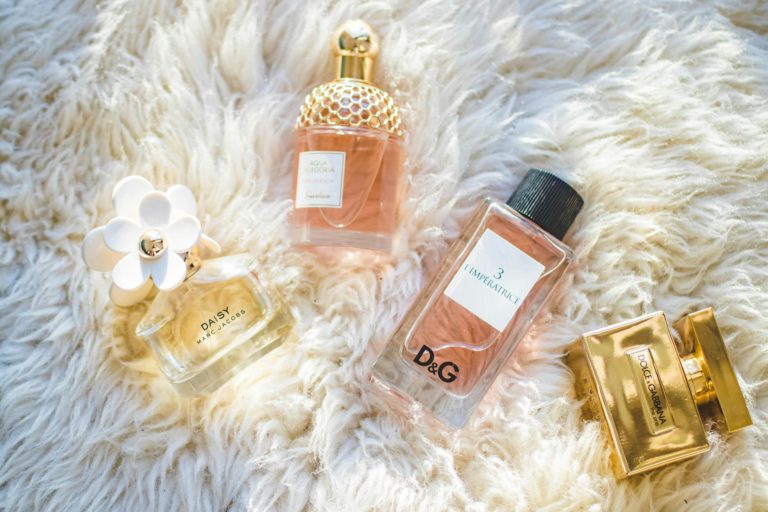Stress and anxiety have become part of our daily lives. Finding ways to manage and reduce these stressors is essential for overall well-being. One natural and effective way to promote relaxation and relieve stress is through aromatherapy.
By using essential oils derived from plants, aromatherapy has been a time-honored practice for enhancing mental clarity, emotional balance, and physical relaxation.
In this article, we’ll explore how aromatherapy works and its many benefits for stress relief.
How Aromatherapy Works
Aromatherapy involves using essential oils that are either inhaled, applied to the skin, or added to baths. These oils come from various parts of plants, such as flowers, leaves, bark, and roots.
When inhaled, the scent of the essential oil stimulates the brain’s limbic system, which plays a role in controlling emotions, stress, and memory. Certain oils also have soothing properties that can be absorbed through the skin, affecting hormones and promoting overall relaxation.
Benefits of Aromatherapy for Stress Relief
Aromatherapy offers several unique benefits that can help reduce stress, promote relaxation, and improve overall mental well-being. Here are the key benefits of using aromatherapy:
1. Reduces Anxiety and Stress
One of the primary benefits of aromatherapy is its ability to reduce stress and anxiety. Essential oils such as lavender, bergamot, and chamomile are known for their calming effects on the mind.
When inhaled, these oils can lower cortisol levels—the hormone associated with stress—and create a sense of calm. This makes aromatherapy an excellent choice for those dealing with work-related stress, anxiety disorders, or overwhelming daily pressures.
2. Improves Sleep Quality
Stress and sleep often go hand in hand. Poor sleep can increase stress, and high stress can interfere with the ability to sleep. Aromatherapy can break this cycle by promoting relaxation before bedtime.
Essential oils like lavender, sandalwood, and ylang-ylang have been shown to improve sleep quality by calming the nervous system. Diffusing these oils in your bedroom or adding them to a bedtime bath can help you fall asleep faster and enjoy more restful sleep.
3. Enhances Mood
Aromatherapy can significantly enhance your mood by uplifting your spirits and creating a more positive mental state. Essential oils like citrus (orange, lemon) and peppermint can stimulate the release of serotonin, a neurotransmitter associated with happiness.
Whether you’re feeling down, unmotivated, or mentally fatigued, inhaling these oils can provide an instant mood boost, making it easier to tackle the day with a more positive attitude.
4. Eases Physical Tension
Stress often manifests in physical symptoms such as muscle tension, headaches, and fatigue. Aromatherapy can help relieve these physical discomforts by promoting muscle relaxation and easing tension.
Oils like eucalyptus and rosemary are excellent for soothing sore muscles and reducing inflammation. Massaging these oils into the skin or using them in a warm bath can relax tight muscles and alleviate stress-induced pain.
5. Improves Focus and Mental Clarity
When you’re stressed, your mind can become clouded, making it difficult to concentrate or make decisions. Aromatherapy can enhance mental clarity and focus, allowing you to think more clearly.
Essential oils like rosemary, peppermint, and lemon stimulate the brain and improve cognitive function, making them ideal for use during study sessions or work projects. These oils not only clear mental fog but also boost energy levels, keeping you alert and focused throughout the day.
6. Balances Hormones
Chronic stress can cause hormonal imbalances, particularly in women. Essential oils like clary sage and geranium have hormone-regulating properties that can help restore balance.
By supporting the endocrine system, these oils can reduce symptoms of hormonal imbalances such as mood swings, fatigue, and irritability. Using aromatherapy into your daily routine may help promote emotional stability and physical well-being.
7. Strengthens Immune System
A lesser-known benefit of aromatherapy is its ability to support the immune system. When you’re stressed, your body becomes more susceptible to illness.
Essential oils like tea tree, eucalyptus, and thyme have antibacterial and antiviral properties that can help the body fight off infections. Using these oils in a diffuser or as part of a massage can strengthen your immune system and reduce the likelihood of falling ill.
How to Use Aromatherapy for Relaxation
Using aromatherapy into your life is simple, and there are many ways to enjoy the calming benefits of essential oils. Here are a few effective methods:
Inhalation
The simplest way to use aromatherapy is by inhaling the scent of essential oils. You can do this by using an essential oil diffuser or adding a few drops of oil to a tissue or cotton ball. Inhaling the aroma deeply for several minutes can provide immediate relaxation and stress relief.
Massage
Essential oils can be diluted with a carrier oil, such as coconut or jojoba oil, and applied to the skin. Massaging the mixture into areas of tension, like the neck, shoulders, or feet, allows the oils to penetrate the skin and relax the muscles. This method is particularly effective for relieving physical stress and promoting relaxation.
Bath Soaks
Adding a few drops of essential oils to a warm bath can create a luxurious and calming experience. The heat of the water enhances the effects of the oils, promoting both physical and mental relaxation. Lavender, chamomile, and rose are popular oils for a relaxing bath.
Pillow Sprays
For those who have trouble sleeping, spraying your pillow with a lavender-infused mist can help you relax and fall asleep faster. The gentle scent of lavender works throughout the night to calm the mind and body, leading to better sleep quality.
Popular Essential Oils for Stress Relief
Certain essential oils are particularly effective for reducing stress and promoting relaxation. Here’s a quick guide to some of the most popular ones:
- Lavender: Known for its calming properties, lavender is one of the most widely used essential oils for stress relief.
- Bergamot: This citrus oil has mood-boosting effects and can help alleviate symptoms of anxiety and depression.
- Chamomile: Chamomile is a soothing oil that is perfect for reducing tension and promoting restful sleep.
- Ylang-Ylang: This sweet floral oil is great for reducing stress and balancing emotions.
- Peppermint: Peppermint oil is invigorating and helps clear mental fatigue, improving focus and concentration.
Conclusion
Aromatherapy offers a natural, gentle way to reduce stress, enhance relaxation, and improve overall well-being. With its wide range of benefits, from calming the mind to soothing sore muscles, aromatherapy is a powerful tool for managing the daily stressors of life. By incorporating essential oils into your routine, you can create a peaceful, balanced environment that supports both your mental and physical health.
Frequently Asked Questions (FAQs)
1. What is the best essential oil for stress relief?
Lavender is often considered the best essential oil for stress relief due to its calming and soothing properties. However, other oils like chamomile and bergamot are also highly effective.
2. How do I use essential oils for relaxation?
You can use essential oils for relaxation by diffusing them, adding them to a bath, using them in a massage, or simply inhaling their scent from a cotton ball or tissue.
3. Can aromatherapy help with anxiety?
Yes, aromatherapy can help reduce anxiety. Essential oils like lavender, ylang-ylang, and frankincense have been shown to lower stress hormones and create a sense of calm.
4. How often should I use aromatherapy?
Aromatherapy can be used daily or as needed, depending on your stress levels and personal preferences. Some people use it in the evenings to relax, while others use it during stressful periods throughout the day.
5. Are there any side effects of using essential oils?
While essential oils are generally safe when used correctly, they can cause skin irritation if applied undiluted. Always mix essential oils with a carrier oil before applying them to your skin, and avoid contact with eyes and mucous membranes.
6. Can I use aromatherapy during pregnancy?
Certain essential oils should be avoided during pregnancy, such as clary sage, rosemary, and peppermint. It’s essential to consult with a healthcare provider before using aromatherapy while pregnant.
7. Is aromatherapy scientifically proven to reduce stress?
Yes, several studies have shown that aromatherapy can effectively reduce stress and anxiety. The scent of essential oils can influence the brain’s limbic system, helping to lower cortisol levels and promote relaxation.



